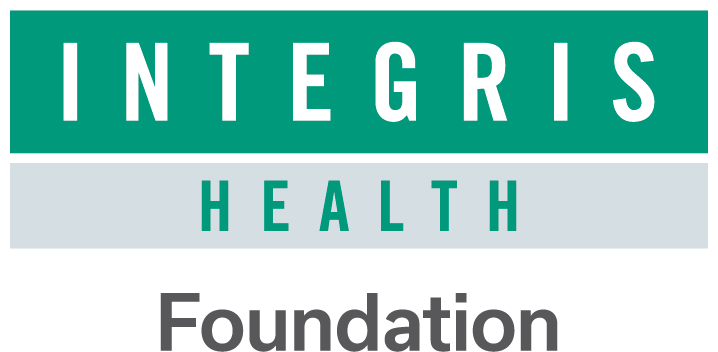The Gift of Goodbye: Helping Families Be There in the Final Moments
The Gift of Goodbye
Transportation assistance during a patient’s final days allows families to say goodbye in peace.
At INTEGRIS Health, caregivers work every day to ensure patients receive the highest quality of care. But that care doesn’t always stop at medicine — it often means making sure families can be together when it matters most.
For many patients, especially those receiving hospice care, this means traveling to multiple care facilities or scheduling important follow-up visits. But for families already facing the emotional and financial burden of end-of-life care, the cost of travel can be overwhelming.
Thankfully, because of generous donors like you, the INTEGRIS Health Foundation provided over $21,000 in transportation assistance in the first half of 2022 alone—helping more than 113 families stay connected to their loved ones.
Nearly 20% of those funds went directly toward helping families transport a loved one to a hospice facility in their final days.
One Last Journey, Made Possible by You
Twalla Battles, a member of the INTEGRIS Health Case Management team, shared what this means firsthand:
“When you as a family do not even have the funds to get your loved one to their last home for a few days, I cannot even imagine the relief in knowing someone cares enough to assist you with that. Believe me, those families appreciate it and are most grateful. It helps to start the grieving process a little … you can exhale, even if it is just for a moment.”
Because of your support, families are able to spend precious final hours together. Your gifts offer comfort during heartbreaking times, providing not just transportation — but peace, closure, and a lasting sense of connection.
Thank you for giving the gift of goodbye.
Your generosity keeps care going — even after patients leave the hospital.
Story by Zoee Zuerker

